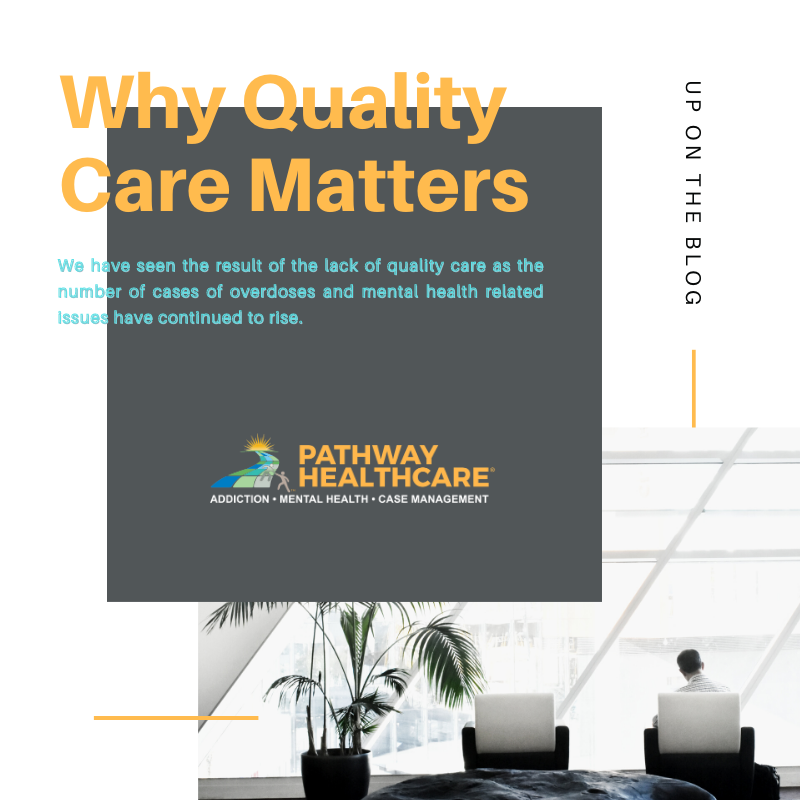Suicide and Self-Care: Protect Your Risk From One With the Other
Everyday we are faced with any number of stressors that can stretch us emotionally, mentally and physically. Knowing beforehand that these stressors can affect us helps us better understand how to deal with the stressors. Proper self-care is important to keep us healthy. Self-care is not selfish care. It is actually care that will help us help not only ourselves better, but also help others.
Below are some options for proper self-care:
- Find a therapist, counselor or psychologist whom you trust and feel free to speak with. Often times, having a trusted non-biased person to talk to about your fears, your struggles, your questions, and your doubts can bring these issues to light so they can be addressed in a safe manner. The more we bottle our feelings and think they have no value or need to be addressed, the larger the crisis can become internally. Be honest with the medical professional you choose. If you only give them part of the story, they can’t help you fully. Remember, they are there to help you because they want to, not because they have to.
- Make the time to do something physical: take a walk, a bike ride, exercise, yoga, stretching, hit some golf balls, tennis balls or baseballs to relieve stress and anxiety. Physical activities release endorphins that can help with mental health clarity.
- Find stories of hope. Many times when you are struggling with anxiety and hopelessness you feel completely alone. However, there are many who have walked in your shoes and have survived and are thriving. Discover what gave them this hope to live. Don’t dwell on negative stories, but instead find hope in the positive ones.
- Find resources that can help you. For many people, stressful times trigger emotional and mental health responses that do not happen when “life is normal.” Unemployment, a health crisis or diagnosis, a move, the loss of a friendship or marriage, or the sickness of a loved one can be hard to balance and manage alone. However, know that there are many resources available to help.
- Do not stop taking prescribed medication. If you are feeling unstable emotionally or mentally at the moment, do not stop taking or increase your dosage without first talking with your medical professional. Sometimes it may be necessary to adjust your medication, but do not make that choice alone. Again, remember, your medical professional is there to help you.
- Helpers find help; don’t burn-out. Many people find themselves to be helpers; always helping others but rarely helping themselves. Without proper self-care, helpers can be buried under the weight of it all. Know that you can only help others when you have been helped yourself. Proper self-care is important for the helpers, too.
Even in the darkest of times, there is always hope. Do not try and suffer alone. We would love to be a part of the team that helps you navigate proper self-care. Call us today at 844.728.4929 to schedule an appointment to speak with one of our licensed counselors or psychologists. We are all in this together.
(The suicide prevention line for confidential support available 24/7 for everyone in the United States (1-800-273-8255)).


